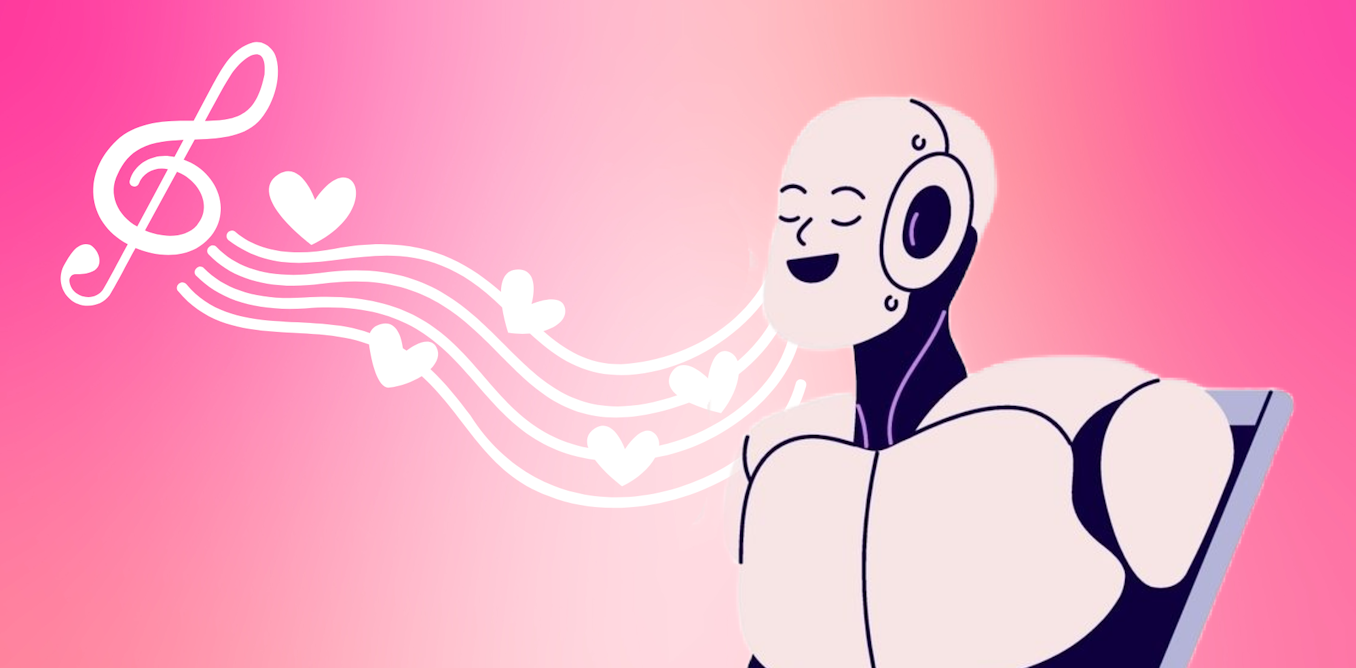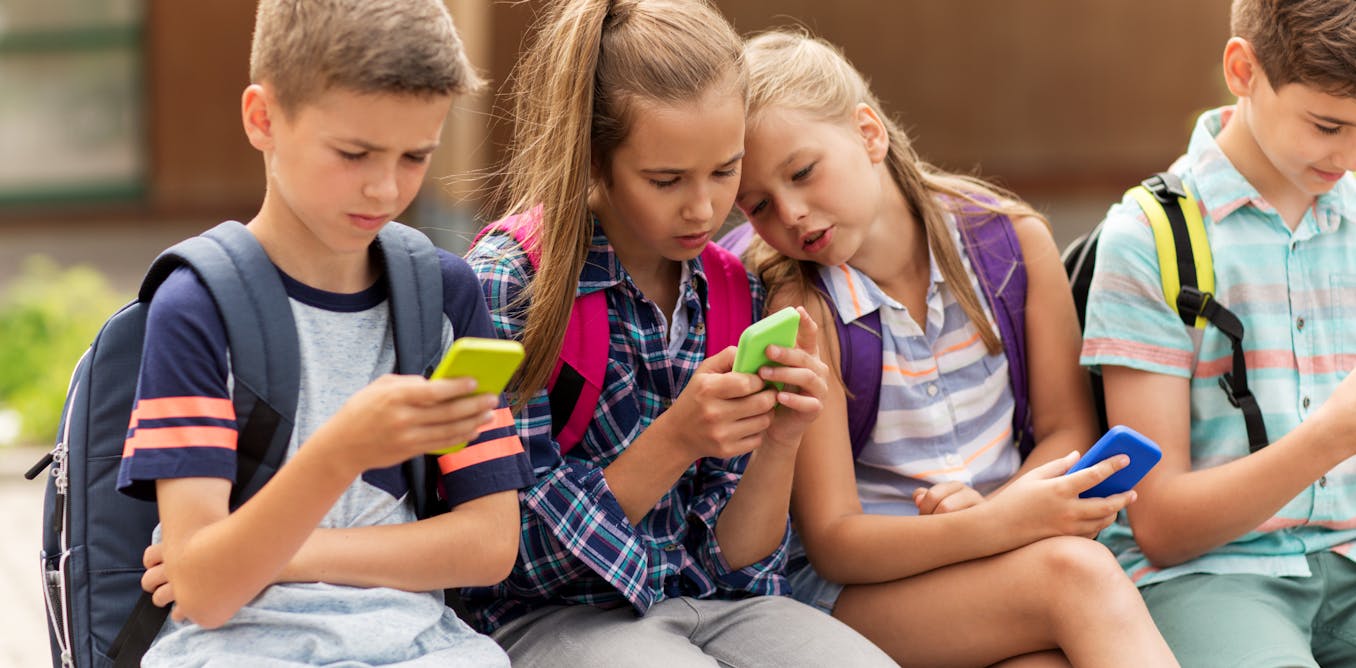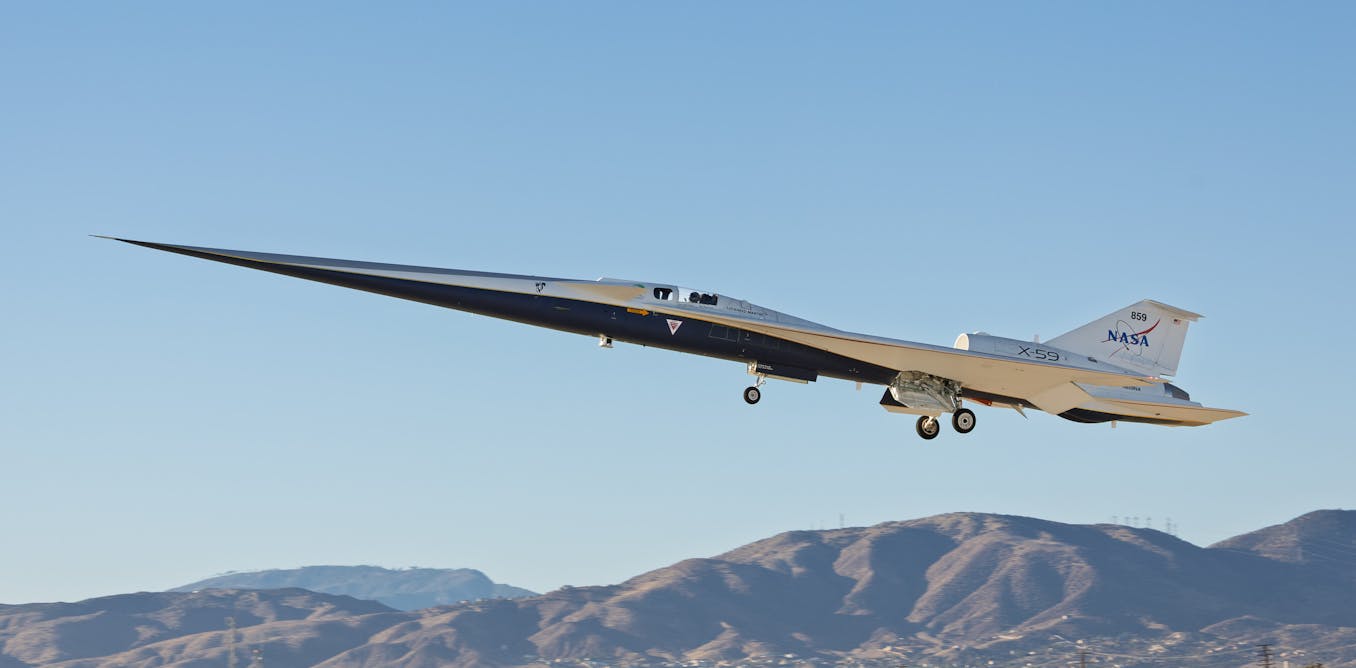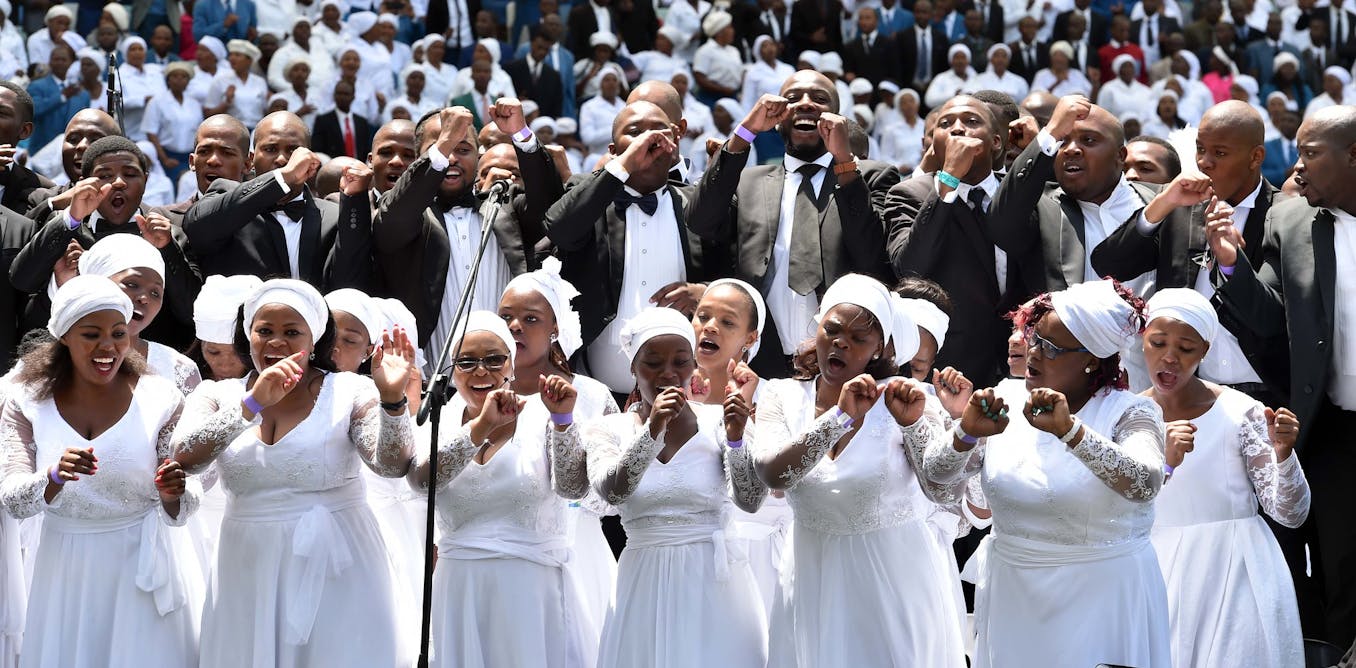As a nine-year-old, I loved singing and took every chance to do so enthusiastically during school assemblies and end-of-year shows. I developed a bit of a reputation, so much so that one day, a classmate asked me to serenade him and a girl. Cut to me belting Donna by 10CC from behind a bush outside his bedroom window.
My classmate was lacking in musical or lyrical abilities to write and perform his own song. However, if he found himself in a similar position this Valentine’s Day, he could get a little help from AI, and so can you.
Suno’s Valentine’s Day Experience is a tool to create personalised love songs in response to a three-question prompt. Keenan Freyberg, one of Suno’s co-founders, noted that their generator is similar to a mixtape, a curated collection of songs that can reflect the compiler’s feelings and intentions.
Music and dance have long served as mediators in matters of love. A British music publisher, writing in 1912, recounted in Pete Doggett’s Electric Shock, noted that music was essential at the start of a courtship, with song lyrics needing to be a blend of directness and obliqueness. This balance should allow the message to be understood while providing a safe way to ignore it if the sentiment is not reciprocated.
Looking for love this Valentine’s Day? Whether you want to improve your relationship with others or with yourself, The Quarter Life Glow-up can help.
This six-week newsletter course from The Conversation will bring you research-backed advice and tools to help improve your relationships, your career, your free time and your mental health – no supplements or skincare required.
Sign up here to start your glow-up at any time
So, for instance, if you send someone At Last by Etta James you can plausibly deny that it meant anything. You were just sharing a great song. If, however, they share the sentiment and hear a ring of reciprocal feeling in James’s voice then you can bond in a burgeoning romance where “life is like a song”.
Many of us have probably been guilty of doing this and there are so many love songs out there that there is quite possibly one to help convey every sort of romantic feeling.
A recent survey by the UK’s Performing Rights Society of 2,000 British respondents identified All of Me by John Legend as the UK’s favourite love song. The song was prompted by an old friend of Legend’s who suggested that he write one for his future-wife, Chrissy Teigen, that conveyed a similar message as Billy Joel’s She’s Always A Woman To Me. The idea that you could love someone, flaws and all, is a pretty powerful and universal sentiment.
In the US, a similar chart compiled by Billboard of the top 50 songs with love in their title, spanned hits from 1958 to 2011. The top track was Endless Love by Diana Ross and Lionel Richie, a true classic about undying feelings and commitment.
The most recently released song in the list was Rhianna’s We Found Love featuring Calvin Harris from 2011. The song’s lyrics and central hook, “We found love in a hopeless place,” were written by Calvin Harris and conveys perhaps a more youthful, possibly hedonistic message of love in a club based track.
All of these songs have really strong sentiments, but they aren’t quite the same as expressing your unique thoughts and feelings for your intended yourself. But if, like my 10CC-loving friend, you lack the skill, AI could help you craft something a bit more specific for your intended.
Suno’s love song generator asks for you to plug in your love interest’s name, where you met and something nice about them. The product is a personalised love song. While you might not be able to hide your feelings in the words of others with this AI-generated song, there is something brave and worthy about being so forthright.
Such a direct show of emotion might not be for you but this new development in AI makes clear that music and words have long been essential in the expression of love through the ages. As my experience at the tender age of nine confirms, providing the right words, with a suitable melody, at crucial moments mitigates the awkwardness of males, of all ages, where matters of the heart are concerned. Even in the age of AI.

The post “We have always used music to express our love – we can now use AI too” by Hussein Boon, Principal Lecturer – Music, University of Westminster was published on 02/13/2025 by theconversation.com



































Leave a Reply